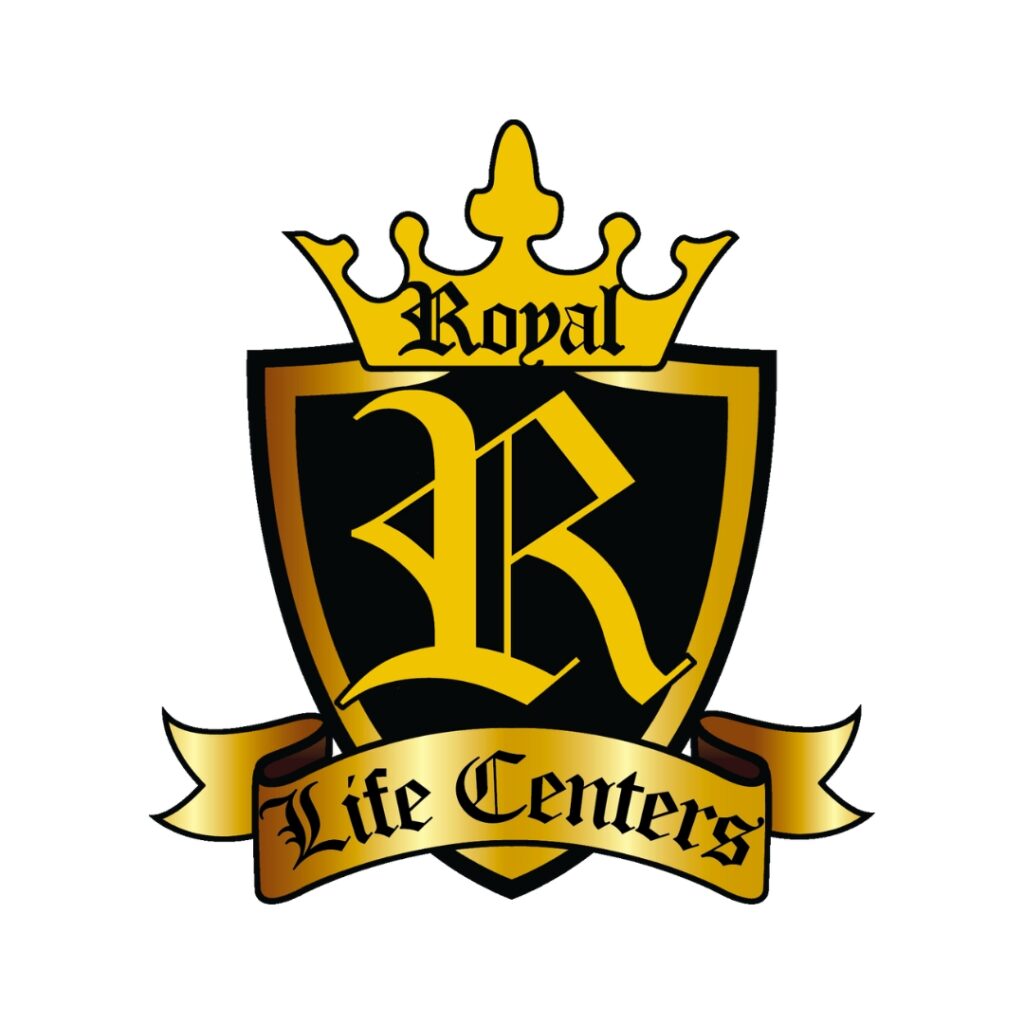As the opioid epidemic continues to plague the nation, many people find themselves concerned about the risks these drugs can pose. As a result, it has become easy to misidentify other drugs as contributors to the opioid problem.
One of these commonly misconstrued substances is ketamine. Of course, while ketamine is not an opioid, these drugs can have similar effects. In addition, ketamine can still be dangerous when misused. Understanding exactly what ketamine is and how it works can help keep you and your loved ones safe.
What Is Ketamine?
Ketamine is a dissociative anesthetic that can produce hallucinogenic effects. The drug is known for its ability to distort perceptions of sight and sound, as well as make those who use it feel disconnected and out of control.
Ketamine is typically used by injecting the substance directly into the bloodstream. As a short-acting “dissociative anesthetic,” it allows patients to feel disconnected from their surroundings and physical discomfort when used in a medical environment.
However, some people may use this drug illicitly for its ability to produce feelings of sedation, hallucinations, pain relief, and detachment. This drug has even been used to facilitate sexual assault due to its ability to cause immobility and amnesia.
In 1999, ketamine became classified as a Schedule III non-narcotic substance under the Controlled Substances Act. Currently, it maintains an accepted medical use for short-term sedation and anesthesia. Recently, it has been made available as a nasal spray for treatment-resistant depression in certified medical environments.
However, it is important to understand that, even with its clinical applications, ketamine maintains a potential for abuse, as well as physical and psychological dependence, and should not be used recreationally.
Is Ketamine an Opioid?
Despite common misconceptions, ketamine is not an opioid. It is important to understand the difference between these two classes of drugs, as they work in very different ways and have distinct effects.
Opioids such as morphine, heroin, and fentanyl work by binding to opioid receptors in the brain and spinal cord, mimicking the effects of natural endorphins. This allows them to relieve pain, as well as produce feelings of euphoria and sedation. However, these effects also make opioids highly addictive.
Ketamine, on the other hand, acts as a noncompetitive NMDA receptor antagonist, affecting glutamate levels in the brain. This primarily produces dissociative effects, causing those who use the drug to feel detached from their bodies and surroundings.
Like opioids, this drug can be used medically for pain management, depression, and other conditions, as well as produce negative side effects if not taken properly. Ketamine also has the potential for abuse, but dependence and withdrawal are less common than with opioids.
Therefore, it is crucial to remember that even though both ketamine and opioids can offer pain relief, they function through entirely different mechanisms and come with varying sets of risks and benefits.
Is Ketamine Addictive?
As a controlled substance, ketamine is legally recognized for its potential for abuse and addiction. The drug’s long-lasting and euphoric effects can make it difficult to stop using ketamine once a person has started.
With prolonged use, the brain can become dependent on the presence of ketamine in the system to function normally. Once this dependence has formed, stopping the use of ketamine can be extremely difficult without help.
Addiction
Are you struggling with an addiction to substances like drugs and alcohol?
Royal Life Centers at Cascade Heights Recovery is here to help you recover. Because we care.
What Is Ketamine Therapy?
Ketamine therapy is a treatment approach that works by administering low doses of ketamine to those who are struggling with various mental health conditions. Some of the most common conditions treated with ketamine therapy include treatment-resistant depression, anxiety disorders, and post-traumatic stress disorder (PTSD).
Administering low doses of ketamine produces a short-lived high with the potential to trigger a mystical experience for the person. This trigger can be accompanied by a subsequent positive change in their motivation, cognition, and behavior.
Current research suggests that ketamine therapy can help provide valuable insights and profound changes in a person’s consciousness. Treatment can also help some people to better understand and manage their mental health conditions.
With that being said, some people may not be a good candidate for ketamine therapy. This includes children, women who are pregnant or breastfeeding, and those with a personal or family history of psychosis or schizophrenia.
Individuals who have experienced adverse reactions to other dissociative anesthetics in the past may also want to avoid ketamine therapy, as this can put them at risk of experiencing unpleasant side effects.
It is essential to speak with your doctor or a certified treatment provider if you are considering participating in ketamine therapy. Royal Life Centers can help you understand your treatment options and whether ketamine therapy is the right fit for you.
Ketamine Addiction Treatment at Royal Life Centers
At Royal Life Centers, our treatment network provides life-saving care for those struggling with substance use disorders, including ketamine addiction. If you are struggling with a ketamine use disorder, you can receive the help you need at our facilities.
Our treatment centers provide comprehensive and holistic treatment for substance abuse. Through our centers we provide you with the opportunity to work one-on-one with our addiction specialists to determine research-based and therapeutic approaches that will be best for meeting each of your unique needs.
When receiving treatment at one of our rehab facilities, you will have access to a full continuum of care, including services such as:
- Medical detox
- Residential treatment
- Partial hospitalization
- Intensive outpatient treatment
- Behavioral and holistic therapies
- Sober living
- Aftercare support
Our top priority is your well-being and comfort throughout the entirety of your recovery process. Each of our facilities features accreditations from the Joint Commission (TJC) and a diverse, dedicated staff ready to work with you to build an individualized treatment plan. Our admissions team is available 24/7 to answer your treatment questions and help you get started on the path to recovery today.
Addiction can be a serious and scary disease, but with the right support, recovery is possible. We are available to answer all of your treatment questions and help you understand what levels of care will give you the best chance at sobriety. Call 888-557-7990 to start your recovery today!







